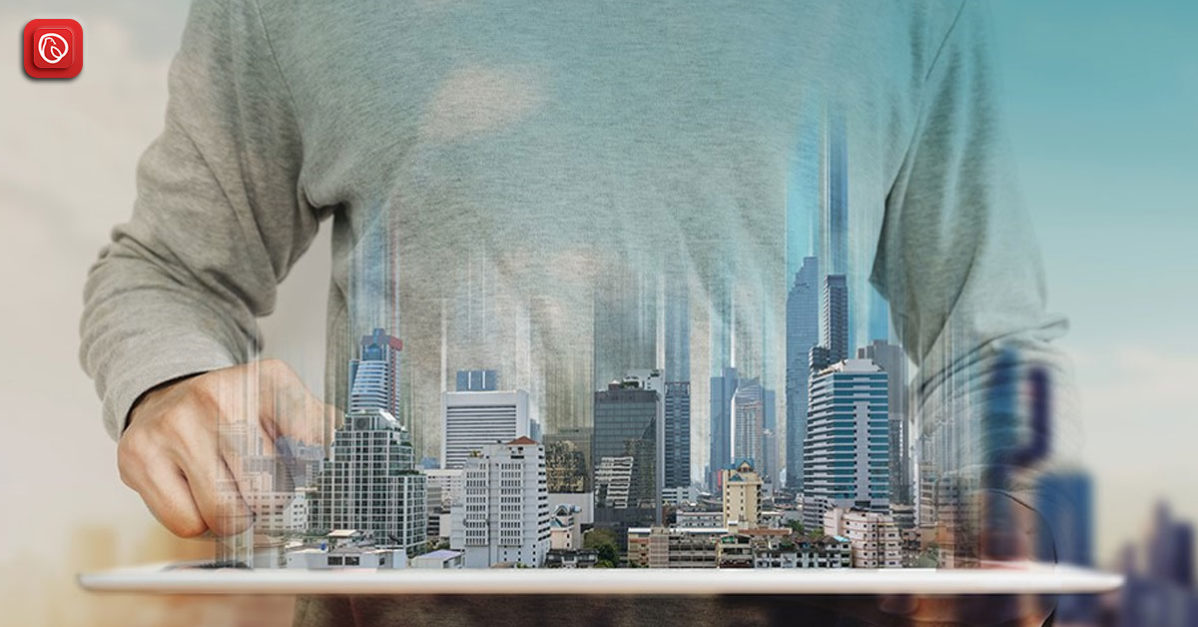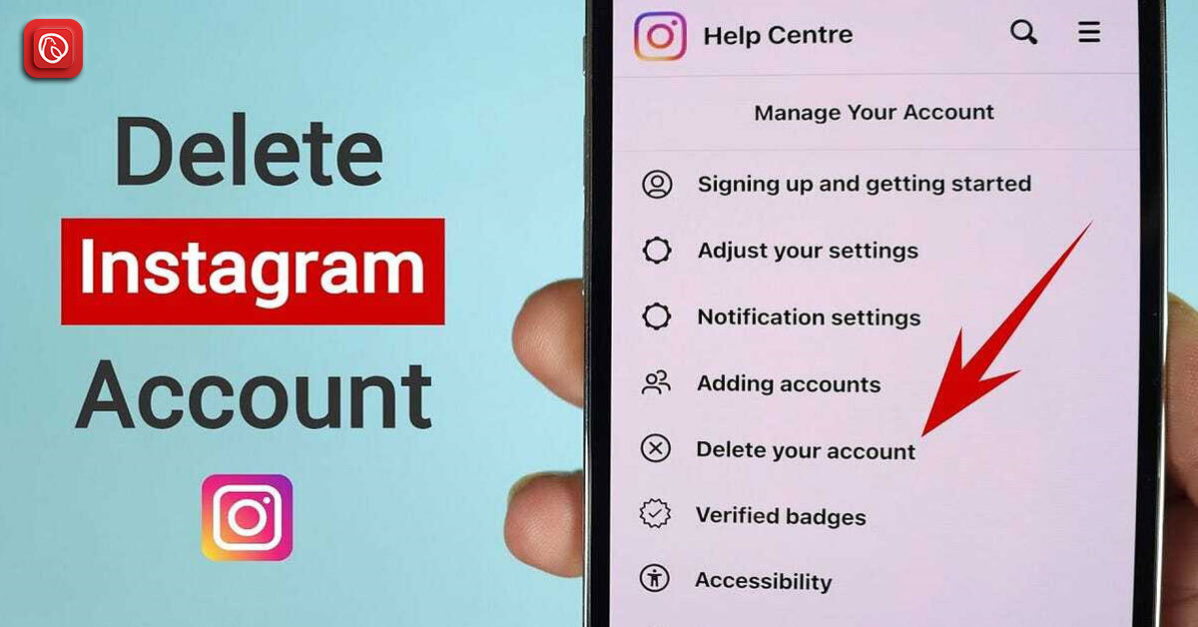Introduction
Imagine walking in your dream home without ever paying for a single brick? However remarkable that may sound, it is an absolute possibility nowadays. Maps and 3D images provide individuals with a much better perspective than just raw imagination, but having the ability to experience any space in virtual reality is a far superior and more enjoyable experience. The term virtual reality stems from two words, virtual and reality. The former means “nearly” or “conceptually”, which alludes to the near-reality experience of something using technology. Computer-generated simulations are generated based on real-life structures that can be experienced through an artificial three-dimensional environment using smart devices such as goggles and gloves. Hence, one can only imagine the possibilities such technology can open in the real estate sector. As the buyer or investor can experience his/her property in real-time, it becomes easier to form a decision. Continue reading this article by the Iqbal Institute of Policy Studies (IIPS) understand how virtual reality and the real estate world are connected.
Research Questions
- What is virtual reality?
- What is the scope of virtual reality technology?
- Why is technology useful in the real estate sector?
Understanding Virtual Reality
The best way to understand virtual reality is to compare it to real-life experiences. Humans have been endowed with many senses such as taste, touch, smell, sight, and hearing, as well as spatial sense and balance. Our brains use these senses to understand the environment around us. In virtual reality, computers use sophisticated hardware to generate an illusionary environment that is presented to the brain with artificial information and is perceived as almost reality. In its simplest form, virtual reality was introduced as three-dimensional films which could be experienced by wearing special glasses. Now, with the introduction of VR headsets, the technology has taken a giant leap towards the future. Individuals can wear goggles accompanied by gloves and shoes that record hand and foot movements for a more immersive experience. Higher-end VR stations can also add environmental impacts such as winds and noises to the whole scenario, thereby making the virtual experience closer to reality (Mitchel, 2020).
Scope of Virtual Reality Technology
As one can imagine, the possibilities with this technology are endless. Not only has technology revolutionized many different sectors such as education, military, sport, medical training, aviation, fashion, and manufacturing, but has also changed how people travel and interact with the real world. As the technology can help in utilising a wide variety of simulations, its application in the military has been significantly growing. The same is true for sports and medical training, where different scenarios can be used to train future athletes and doctors. In the education sector, students can interact with each other using three-dimensional environments. They can also be taken to virtual tours through history, the solar system, and museums etc. (FDM, 2020). Keeping in mind all these applications, it can be understood that the technology will have massive implications for the real estate sector. Continue reading to find out more.
Virtual Technology in The Real Estate Sector
Real estate property, be it residential or commercial, is only as valuable as its successful marketing and subsequent approval among the masses. Using effective means of communication and employing strategic marketing tools are always sought after in the real estate sector. As the pandemic has seriously affected mobility for people all over the world, virtual reality presents a golden opportunity for marketing real estate. Besides the fact that people can experience multiple property viewings in a short period, virtual reality also allows real estate agents and brokers to enable their customers towards achieving a more satisfying purchase. The benefits are not limited to just the purchaser, virtual tours and staging technologies can benefit potential buyers and developers alike.
To understand the true potential of this technology, consider a regular sale or purchase of the real estate. Often it involves travelling to different locations and comparing different properties based on multiple factors. The process also requires much time and can ultimately discourage the investor as the procedure can make him/her apprehensive of the sale or purchase. That is why client facilitation is becoming more and more important for real estate agents. Virtual tours are a fantastic way to market properties with as little investment as possible. The incredible nature of the technology allows individuals to experience multiple properties upfront. Therefore, the buyer and investor can also consider more factors before making a decision. The process saves a lot of time and travel, and many young buyers are more familiar with doing business online (Obando, 2020).
The technology is not limited to only buyers, retrospectively, it can also help developers of real estate. As real estate development requires meticulous planning, virtual reality can be used to experience the final models of development projects. This is especially helpful in identifying flaws in the design process. Also, by creating simulations for different natural hazards, building security and safety measures can be applied comprehensively. Another interesting use of virtual reality is emerging with the use of drones. High-quality cameras, infrared sensors, and agile mobility allowon supervisors and experts to manage and oversee construction processes and phases. Lastly, accurately visualising project details before construction can save much time and resources.
Virtual staging is another important use case for VR technology. Showing empty spaces to potential buyers makes the property uninteresting and dull. By adding furniture and fittings in different styles and forms, the buyer can get a more wholesome picture of the true possibilities of any property. Even in cases of communal buildings and public spaces, virtual reality can help in utilising the space in the best and most sustainable manner. Lastly, as buildings under construction are always difficult to market, virtual staging can help real estate agents in explaining the true potential of a property to clients (Fingent, 2020). Apart from creating a lasting impression on buyers, it can also promote virtual commerce. Even if the client does not purchase the property, there is a high chance that the client will like something in the process, which can then be sold later.
Key Takeaways
- Having the ability to experience any space in virtual reality is a far superior and more enjoyable experience.
- Computer-generated simulations are generated based on real-life structures that can be experienced through an artificial three-dimensional environment using smart devices such as goggles and gloves.
- Using effective means of communication and employing strategic marketing tools are always sought after in the real estate sector.
- As the pandemic has seriously affected mobility for people all over the world, virtual reality presents a golden opportunity for marketing real estate.
- Virtual reality also allows real estate agents and brokers to enable their customers towards achieving a more satisfying purchase.
- The technology is not limited to only buyers, retrospectively, it can also help developers of real estate. As real estate development requires meticulous planning, virtual reality can be used to experience the final models of development projects.
Conclusion
Virtual reality is not only a comprehensive solution for real estate marketing to potential clients, it has also revolutionised multiple industries along with different sectors. The technology has the potential to make real estate a global market, where buyers will sit comfortably in their homes and experience properties in different countries across continents. Therefore, virtual reality can be considered a major part of the real estate sector’s future.




